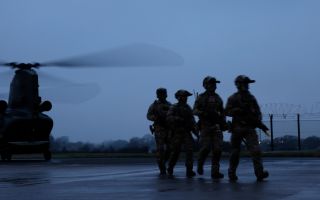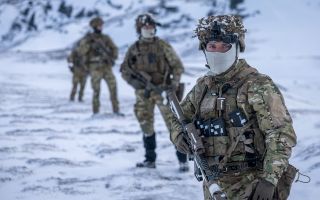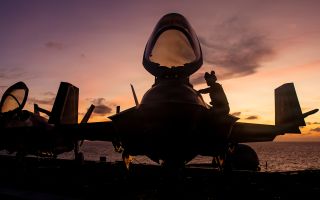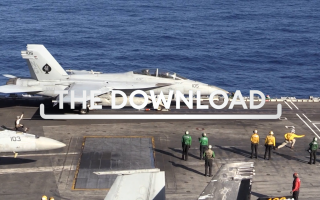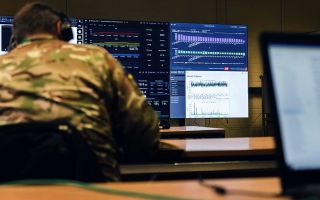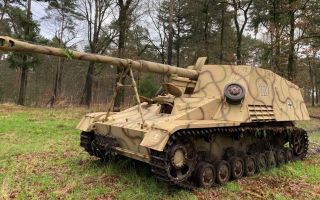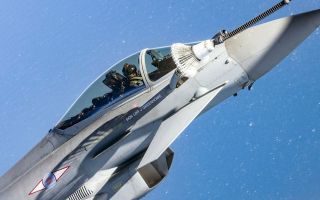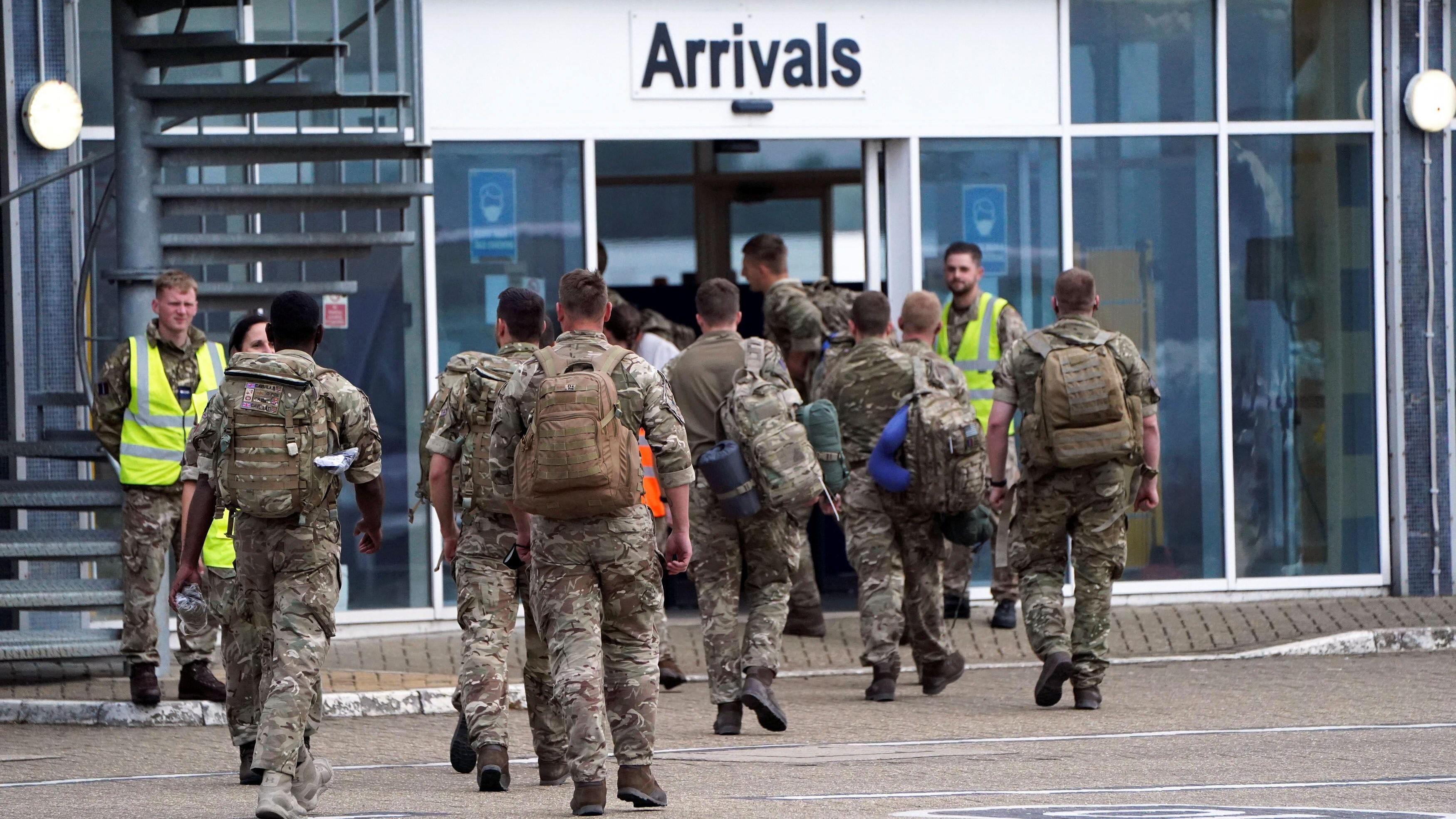
Airports coping with Border Force strikes as military personnel check passports

Military personnel checking passports at UK airports appear to be ensuring passengers are not being delayed on the first day of Border Force strikes.
Heathrow and Gatwick airports both said their immigration halls were operating as normal on Friday morning.
About 625 military personnel have been made available to cover the Border Force strikes, with a significant number of those expected to be at Heathrow – the UK's busiest airport.
Around 1,000 members of the Public and Commercial Services (PCS) union, employed by the Home Office to operate passport booths, walked out on Friday in a dispute over pay at Heathrow, Birmingham, Cardiff, Gatwick, Glasgow and Manchester airports, as well as the port of Newhaven in East Sussex.
Roughly 250,000 passengers are arriving on flights at affected airports on Friday, including around 10,000 who landed at Heathrow before 07:00.
Travellers were warned by Border Force bosses to expect delays amid fears long queues at passport control could lead to people being held on planes, disrupting subsequent departures.
But the use of military personnel trained to check passports appears to be preventing delays.
A Heathrow spokeswoman said military personnel are providing a "good service".
"The morning arrivals peak has started well.
"Immigration halls are free-flowing at Heathrow with Border Force and the military contingency providing a good service."
A Gatwick spokesman said everything was "going well", with no delays or queues.
Border Force strikes will take place every day for the rest of the year, except 27 December.
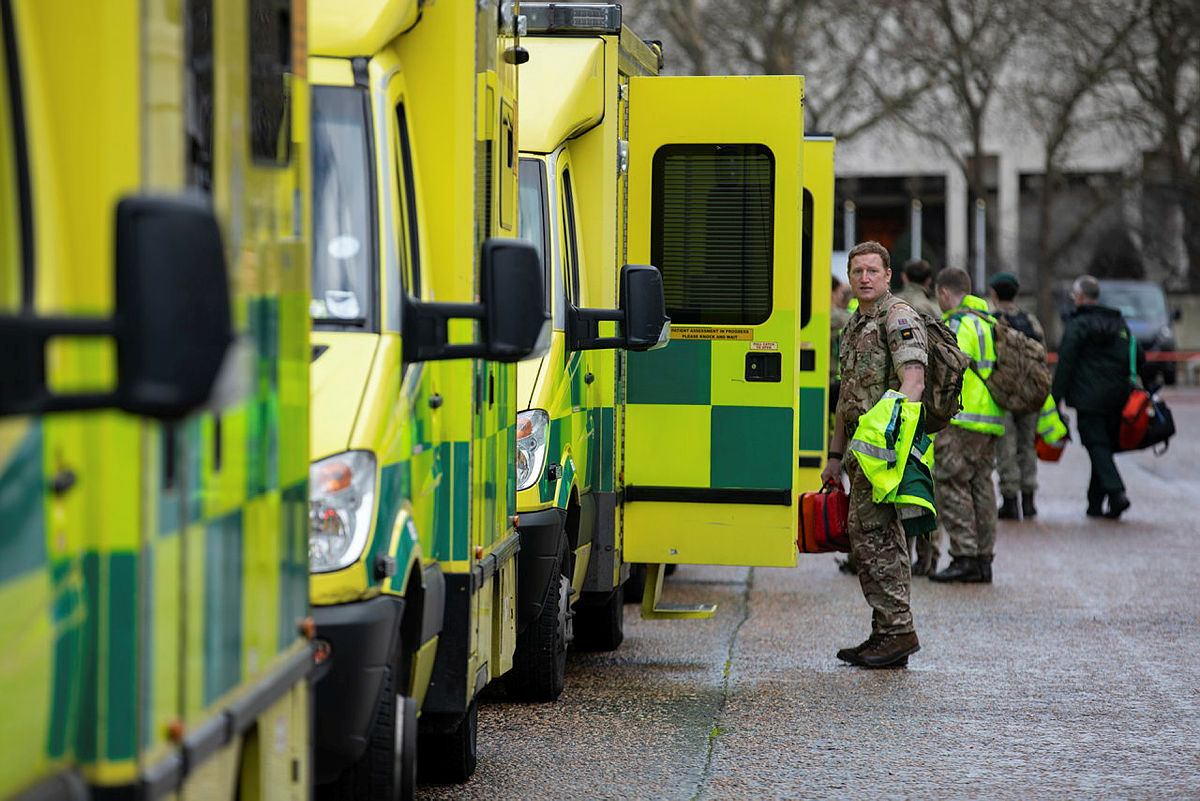
About 750 members of the Armed Forces earlier this week stood in for ambulance drivers as they took took part in industrial action in a dispute over pay and working conditions.
It comes as the UK faces widespread public sector strikes over the festive period with Royal Mail, National Highways and Driver and Vehicle Standards Agency (DVSA) employees also taking industrial action on Friday.
The head of the British Army has told Forces News that covering public service strikes means troops are not doing the "day job" and it sees skills "running down".
General Sir Patrick Sanders said assisting the country and responding to Military Aid to Civil Authorities (Maca) requests is what "an Army's for" but said it is a "challenge to sustain [the Army's] professional ability".
This week Conservative MP Jacob Rees-Mogg said it is the military's job to do "what they're told by the civilian authorities", in response to Armed Forces chief Admiral Sir Tony Radakin saying service personnel should not be used as the "ultimate backstop" to cover striking public sector workers this Christmas.

